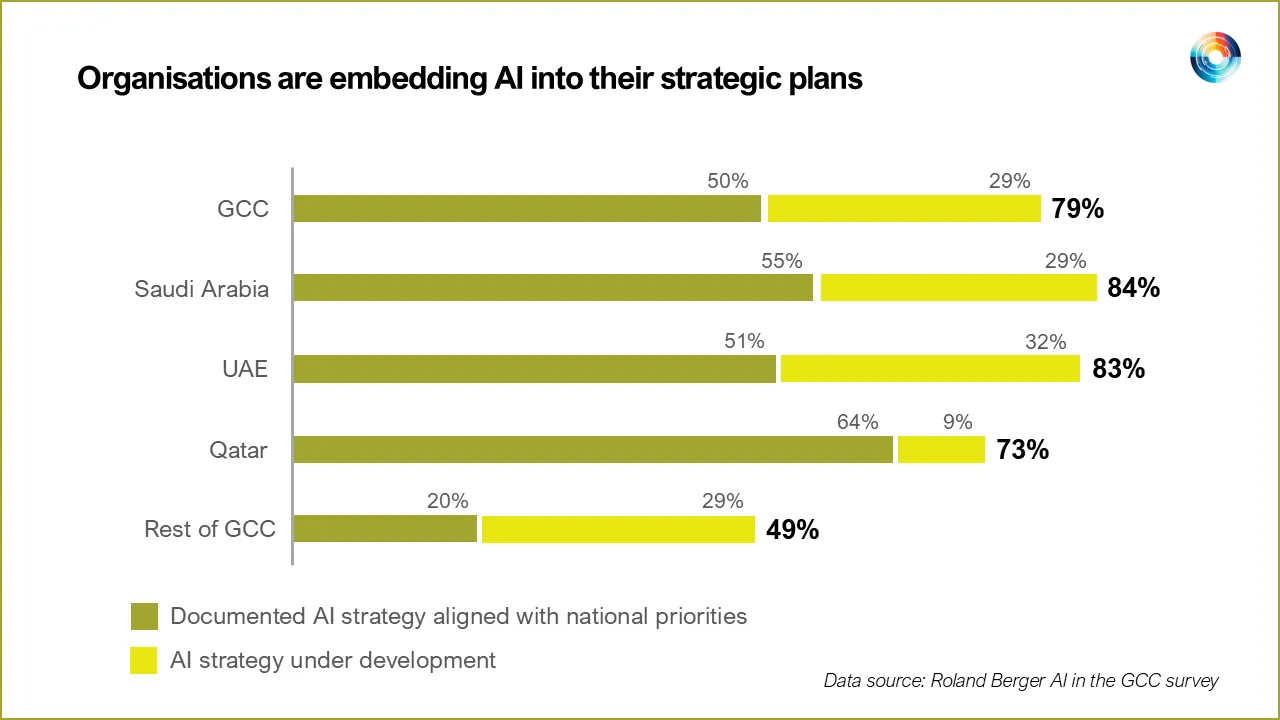In a significant divergence from global trends, the average cost of a data breach in the Middle East has dropped by 18%, a development largely attributed to the region’s accelerated adoption of security AI and automation. According to IBM’s 2023 Cost of a Data Breach Report, this strategic investment is yielding substantial financial and operational benefits for companies in Saudi Arabia and the UAE.
By the Numbers
The latest IBM report, which analyzed breaches occurring between March 2022 and March 2023, paints a clear picture of the region’s progress:
- Average Breach Cost (Middle East): $6.58 million, down from a record high of $8.07 million in 2022.
- Average Breach Cost (Global): $4.45 million, an all-time high and a 15% increase over the last three years.
- Cost Savings with AI: Regional organizations using security AI and automation extensively saw an average breach cost of $4.34 million, which is $2.24 million less than organizations that have not deployed these technologies.
- Breach Lifecycle Reduction: The use of AI shortened the time to identify and contain a breach by 103 days compared to organizations not using it (273 days vs. 376 days).
The AI Advantage in Cybersecurity
The report underscores a critical insight for the MENA tech ecosystem: AI is no longer a futuristic concept but a present-day tool for mitigating cyber risk. While global breach costs continue to climb, the Middle East’s contrarian trend demonstrates the tangible return on investment from security automation. By deploying AI, companies are not only reducing the financial fallout from a breach but are also significantly accelerating their response times, thereby minimizing operational disruption and reputational damage.
“The 18 per cent decrease in the cost of a data breach in the Middle East, bucking the global trend of rising costs, is a testament to the region’s proactive stance on cybersecurity,” said Saad Touma, General Manager at IBM Middle East and Africa. “As the digital landscape evolves, our commitment to leveraging AI will be paramount in navigating the complexities of the threat landscape.”
Detection Deficits and Investment Shifts
Despite the positive news, the report highlights areas for improvement. A concerning 67% of breaches were disclosed not by the company’s internal security teams, but by either a benign third party or the attackers themselves. Breaches disclosed by the attackers cost nearly $1 million more on average than those identified internally, revealing a critical gap in threat detection capabilities that leaves companies vulnerable to extortion.
In response, 57% of studied organizations in the region confirmed they are increasing their security investments as a direct result of experiencing a breach, with a focus on areas like incident response planning and testing, employee training, and threat detection tools.
Looking Ahead
For MENA founders and tech leaders, the message is clear: the cost of inaction on cybersecurity far outweighs the cost of investment in modern tools. The dramatic cost savings and efficiency gains seen in the UAE and Saudi Arabia provide a compelling business case for integrating AI and automation into security stacks. As the region continues its rapid digital transformation, building a resilient security posture is not just a defensive measure but a strategic enabler of sustainable growth.
Source: Gulf Business














